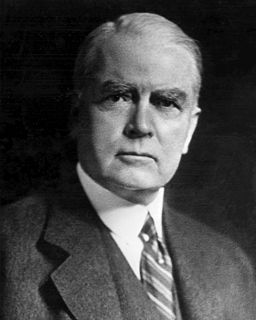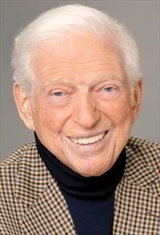A Quote by Samuel P. Huntington
The basis of association and antagonism among countries has changed over time.
Quote Topics
Related Quotes
I understand that the tendency of foreign countries in recent years has been to establish particularly close relations with one or two others among all the countries which have general relations. In time of peace, they make secret treaties in advance, and in wartime, they aid one another with military provisions and armaments.
One of the most useful parts of my education as a writer was the practice of reading a writer straight through - every book the writer published, in chronological order, to see how the writer changed over time, and to see how the writer's idea of his or her project changed over time, and to see all the writer tried and accomplished or failed to accomplish.
Every time we have come to the end of a conflict, somehow we have persuaded ourselves that the nature of mankind and the nature of the world have changed on an enduring basis and so we have dismantle our military and intelligence capabilities. My hope is that as we wind down in Iraq and whatever the level of our commitment in Afghanistan, that we not forget the basic nature of humankind has not changed.
Countries will cooperate with each other, and are more likely to cooperate with each other when they share a common culture, as is most dramatically illustrated in the European Union. But other groupings of countries are emerging in East Asia and in South America. Basically, as I said, these politics will be oriented around, in large part, cultural similarities and cultural antagonism.
The reality is that [Barack] Obama has some 15 countries in the current Libya coalition. President Bush put together close to 50 countries for the Afghan coalition, some 40 countries for the Iraqi coalition, more than 90 countries for the Proliferation Security Initiative and over 90 countries in the Global War on Terror.




































